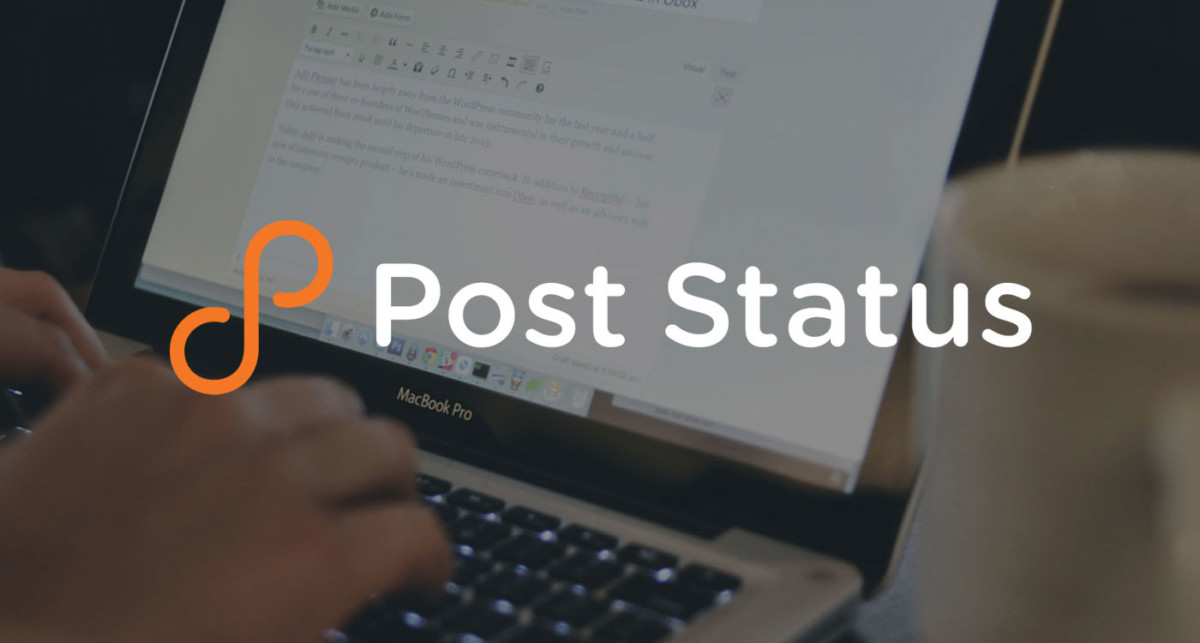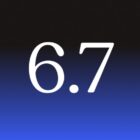The World Wide Web has changed us. Nearly two-thirds of the world is now “online” and we have more opportunities than ever to access, create, and connect. The Web didn’t happen by accident, though, and its future isn’t to be taken for granted.
The Web, the internet, or nowadays the Metaverse, is a digital network of connection. Websites and apps serve as interfaces between those connections.
The Open Web is the Web in its ideal state.
We believe that an Open Web has three key characteristics:
- Accessibility — Anyone should be able to connect to the Open Web. This means providing the hardware, software, and infrastructure to get the last third online and continuously working to make experiences on the Web more accessible..
- Creatability — Anyone should be able to create on the Open Web. This is where Open Source and the Four Freedoms are key, giving people the ability to create anything they can imagine and own their creations.
- Connectability — Anyone should be able to connect to anyone else who wants their connection. This is the foundation for community and well exemplified in tools that are easy to take for granted, like email and Open Source projects like Matrix.
The Open Web, then, is a Web that can be accessed by all, where all can create on it, and where communities can thrive.
WordPress powers more than 42% of the Web and has become an operating system for creating on the Open Web.
We believe WordPress is important to the Open Web for three critical reasons:
- An Indicator of Health — Given its size and influence, a thriving WordPress ecosystem serves as an indicator of the health of the Web as a whole, particularly as we experience the benefits of tradeoffs of decentralization. Creatability is the Open Web characteristic where WordPress’ influence is strongest.
- An Ecosystem for Business Growth — For a typical Web-centric business (e.g. SaaS, hosting provider, or service provider), more than a third of their current or potential customers are already on WordPress. Focusing on the WordPress ecosystem enables businesses to serve their existing customers better and attract new customers.
- A Path to Contribution — The Open Web is a shared resource that, for preservation and growth, requires contribution. Investing in WordPress, including Five for the Future, offers a path to contribution towards the future of the Open Web.
Post Status serves businesses within the WordPress ecosystem and is focused on growing the WordPress economy. We believe that web-based businesses providing value to their customers are essential to an Open Web and our work is to expand the unrealized influence and impact of WordPress as we help those businesses grow.
Post Status seeks to grow the WordPress economy in three essential ways:
- Guide — We offer guidance on how to think and where to focus in order to grow business in the WordPress ecosystem. We provide frameworks (e.g. a framework for strategic partnerships), analysis (e.g. Shopify vs WooCommerce), insights (e.g. our acquisition tracker), and perspectives (e.g. interview with Josh Strebel after Pagely acquisition) to help our members reach their goals.
- Connect — We help our members get connected with each other, through our fast-growing Slack community, through public and private events, both virtual and in-person, and through personal introductions. Partnership deals and acquisitions? A lot of those start at Post Status.
- Elevate — Growing businesses need support and we’re committed to doing what needs to be done to help our members grow. Need something done or figured out to help your business grow? Reach out and let us know.
We want the Open Web to grow — and to become more diverse and more resilient.
We believe that investing in the WordPress economy — specifically, in the businesses and people in it — is the most important key to the growth and future of the Open Web.
We’re doing a lot to make this happen today, and we’re just getting started.
Join us in this movement by becoming a Post Status member today.





